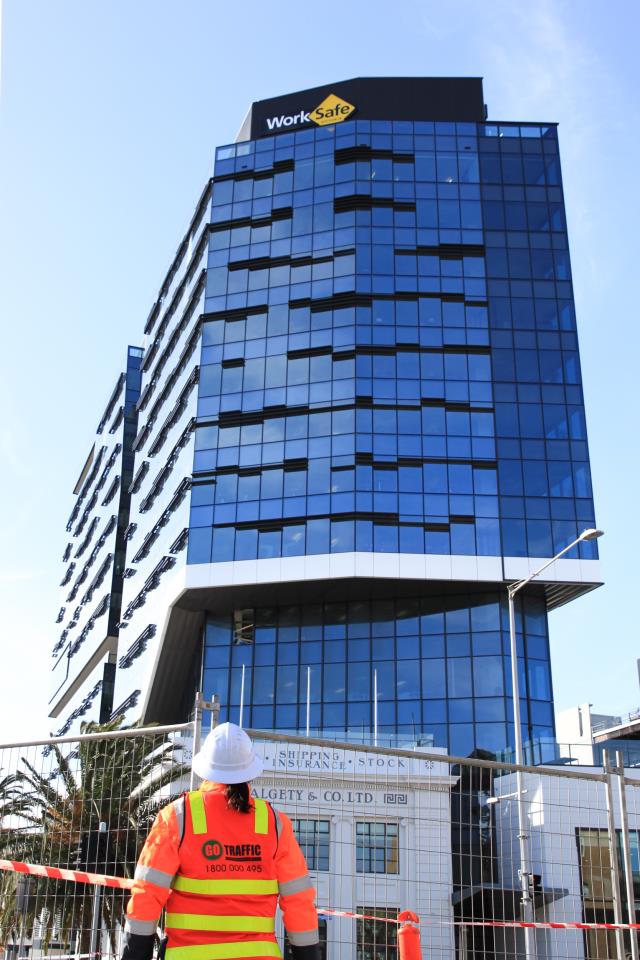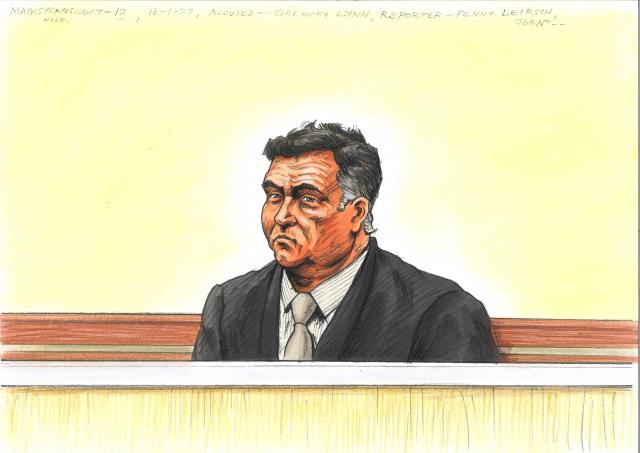Melton council agreed to pay a Caroline Springs couple a settlement of close to $100,000 after the wall, floor and roof of their house cracked because of ‘slab heave’ caused by council-planted trees.
Home owners Tharwat and Jacqueline Bestawros took Melton council and the builders of their house to the Victorian Civil and Administrative Tribunal after they were unable to claim insurance for the damages.
Slab heave is uneven movement of a house footing and slab which causes significant damage to internal walls and ceilings.
Melton council legal services manager Christine Denyer said a confidential settlement was reached in late 2015 by council’s insurer acting on its behalf.
However the VCAT hearing continued to look at the case bought against the builders.
A tribunal judgement, passed down on June 17, outlined the council’s settlement and found that the cracks were not caused by defective workmanship but by trees that were planted by the council outside the boundary fence on the western side of the property.
The tribunal said cracks in the external walls and damage to the walls and plaster inside the house started to show in December 2009, about a year after the family purchased it.
A report in 2012 found that the house’s western wall had settled between 9mm and 35mm and resulted in the cracking in the tiles in the living areas on the first floor of the two- storey house as the slab rotated along this point.
“The crack at the top of the stairs and the broken grout line appear to be related entirely to the settlement issue,” the judgement said.
“As to the other cracks, it appears that they are largely due to the same cause. The wall, floor and roof cracks survey in this report are as a result of footing rotation and settlement. This footing movement has been caused by a combination of the following issues, including the effect of nearby trees on the foundation supporting the footings as well as the grading of paving located against the building.”
The builders were ordered by VCAT to pay more than $62,000 in damages to the family because of an engineering flaw in the slab.

















